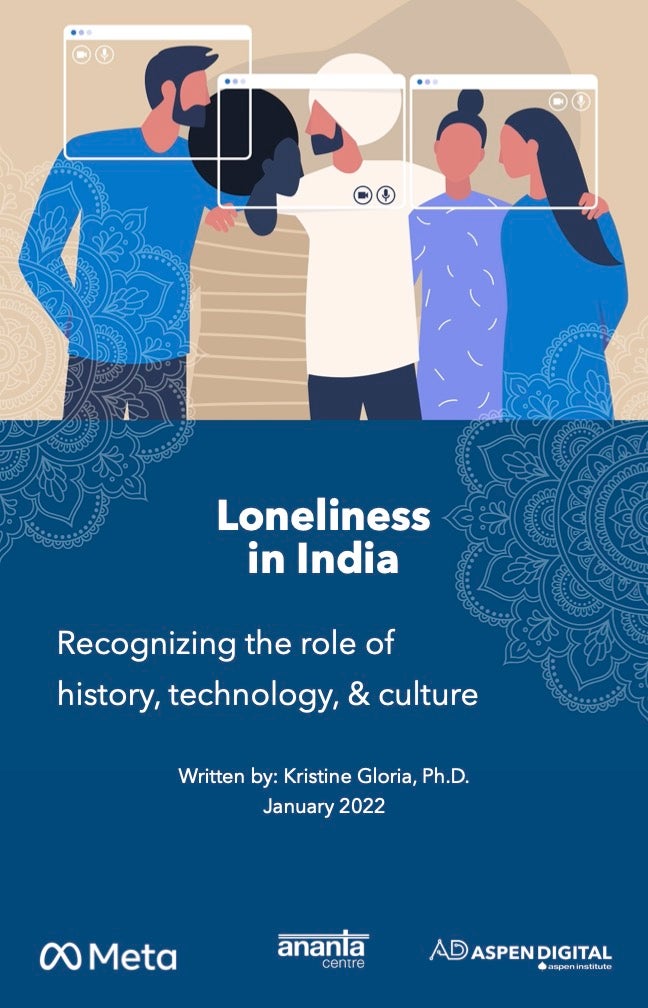Loneliness is an innate condition. It is a shared emotion that all people experience to some degree. Sometimes paired with feelings of anxiety, fear, depression, and shame, loneliness signals the need for human connection.
While most studies report on Western countries, this report offers insights into the similarities and differences driving feelings of loneliness across India’s ethnically and socioeconomically diverse population. Importantly, the research shows that the idea of being lonely is traditionally seen there as both a luxury and a necessary part of human existence.
Loneliness in India touches on the country’s unique history with mental health and the politics that have shaped its current approach. It also illuminates a wide range of perspectives on both the potential positive and negative trade-offs to the rise of technology use in the country. As with our previous work, Lessons in Loneliness, the critical question is, “Whose loneliness matters?” In sharing these insights publicly, the goal is to help find common paths toward more equitable resources for mental health and social connection.
The work is a synthesis of various discussions with experts in the region, co-hosted with our international partners at the Ananta Centre and with support from Meta.


